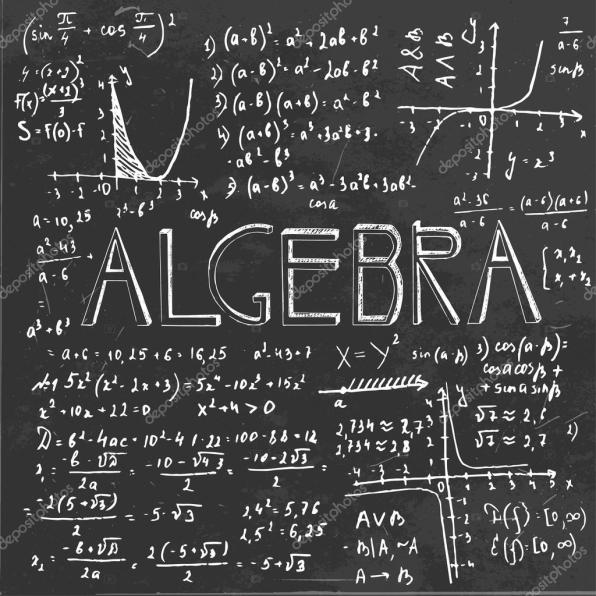The origins of algebra can be traced back to ancient Egypt and Mesopotamia, where mathematicians used arithmetic to solve practical problems such as calculating land boundaries, measuring the volume of grains, and calculating interest on loans. These early civilizations used a system of hieroglyphics and cuneiform writing to represent numbers and mathematical operations. click here for know about hieroglyphics and cuneiform in details.
The development of algebra as a separate branch of mathematics began in ancient Greece. The Greek mathematician Diophantus is considered to be the father of algebra. He lived in Alexandria during the 3rd century CE and wrote a book called "Arithmetica," which contains many of the basic principles of algebra.
Arithmetica was the first book to use symbols to represent unknown quantities, which Diophantus called "analysis." The book contained many algebraic problems, which were solved using a variety of techniques, including factoring, substitution, and manipulation of equations.
The development of algebra continued in the Islamic world during the Middle Ages. Islamic mathematicians made significant contributions to the field, including the development of algebraic notation and the solution of quadratic equations. The Persian mathematician Al-Khwarizmi wrote a book called "Al-jabr wa'l-muqabala," which is considered to be the first algebra textbook.
The word "algebra" comes from the Arabic word "al-jabr," which means "reunion of broken parts." This refers to the process of bringing together like terms on opposite sides of an equation, a technique used in solving algebraic equations.
During the Renaissance, algebra continued to develop as a powerful tool for solving mathematical problems. The Italian mathematician Gerolamo Cardano made significant contributions to the field, including the solution of cubic equations.
The 17th century saw the development of calculus, which is closely related to algebra. Calculus was invented by Isaac Newton and Gottfried Wilhelm Leibniz, and it allowed mathematicians to solve a wide range of problems that had previously been impossible to solve using algebraic techniques.
Algebra continued to be an important field of study in the 18th and 19th centuries. The French mathematician Joseph-Louis Lagrange made significant contributions to the field, including the development of group theory and the solution of fifth-degree equations.
In the 19th century, the German mathematician Carl Friedrich Gauss made significant contributions to algebra, including the development of number theory and the solution of higher-degree equations.
In the 20th century, algebra continued to be an important field of study, with mathematicians making significant advances in areas such as abstract algebra, algebraic geometry, and algebraic topology. Algebraic structures such as groups, rings, and fields have been used to solve problems in physics, computer science, and cryptography.
In recent years, algebra has been used to solve a wide range of practical problems, from modeling the behavior of complex systems to predicting the behavior of financial markets.
In conclusion, algebra has a long and fascinating history that spans over 4,000 years. It has been used to solve a wide range of problems, from practical problems in ancient Egypt and Mesopotamia to complex problems in modern physics and computer science. The development of algebra has been shaped by many influential mathematicians, including Diophantus, Al-Khwarizmi, Cardano, Lagrange, and Gauss. Today, algebra remains an important field of study with many practical applications, and it continues to evolve and grow as new problems arise.


No comments:
Post a Comment